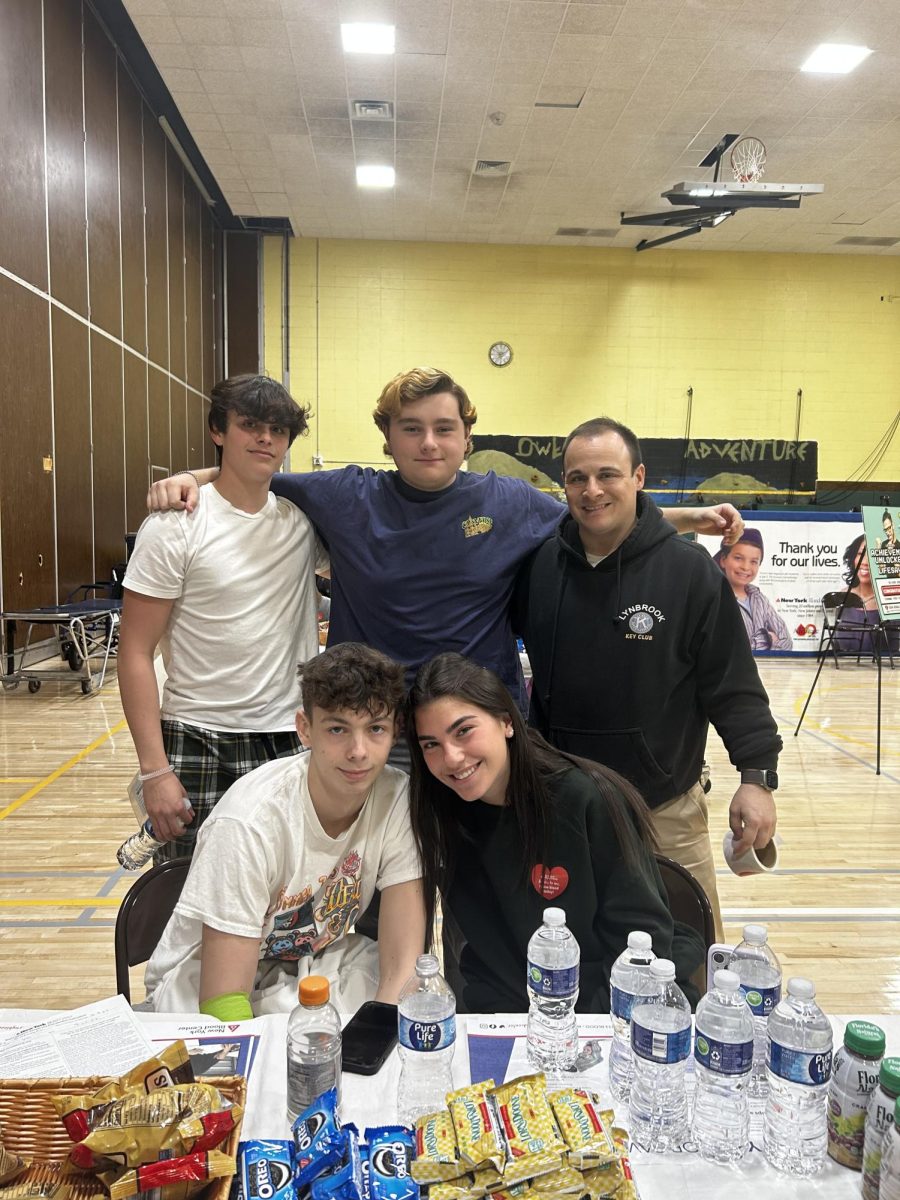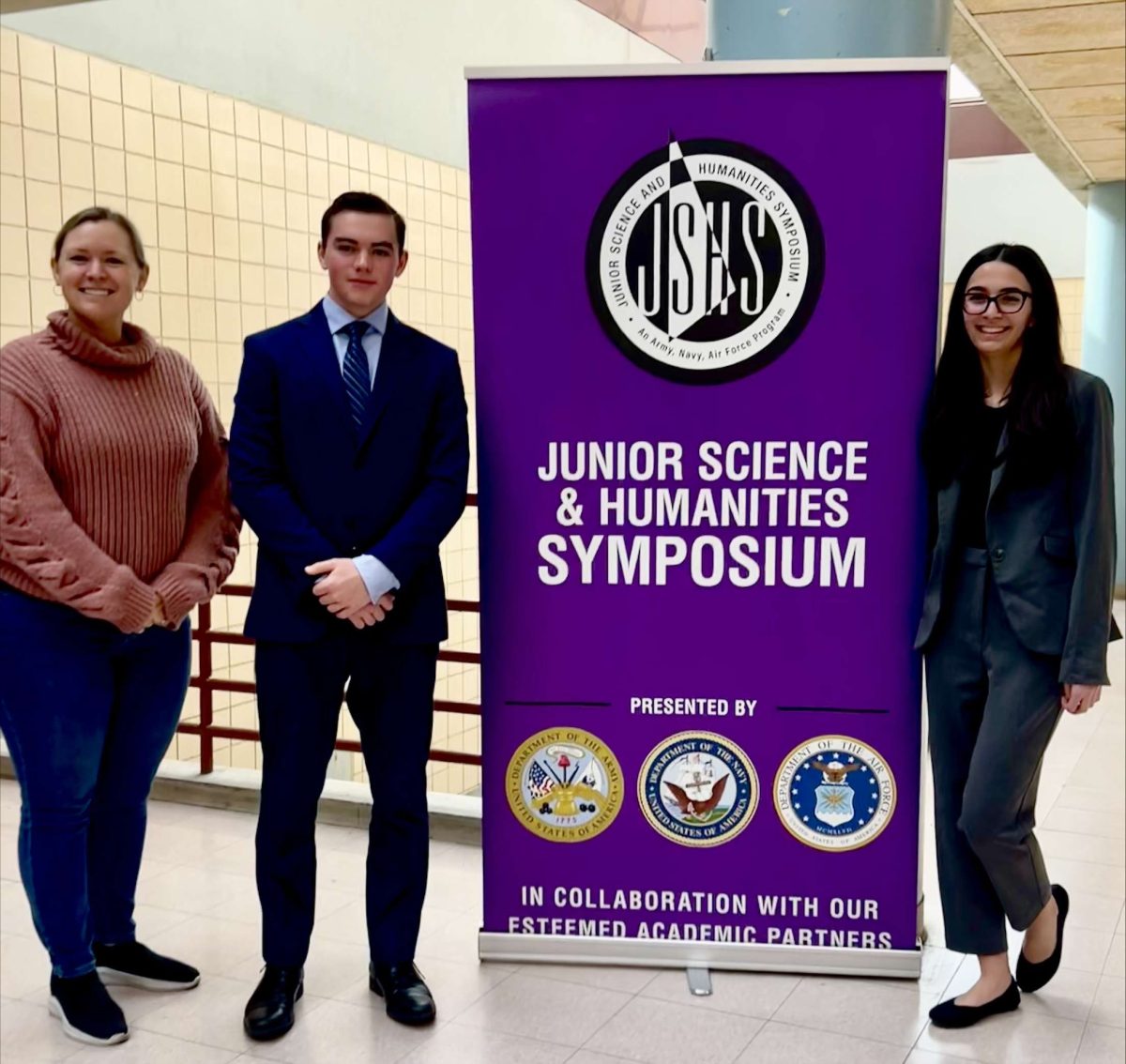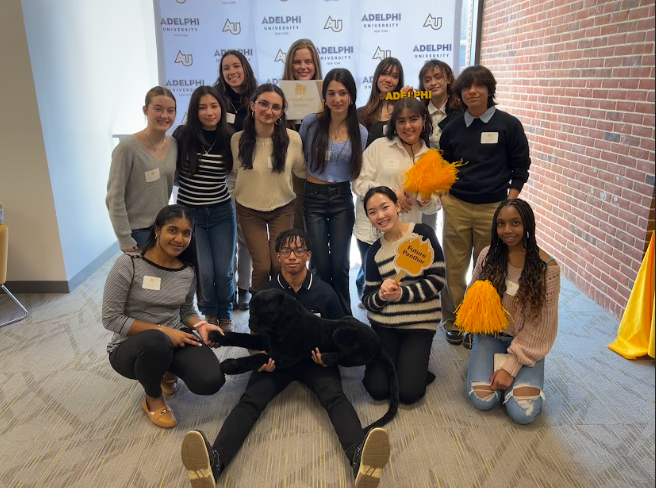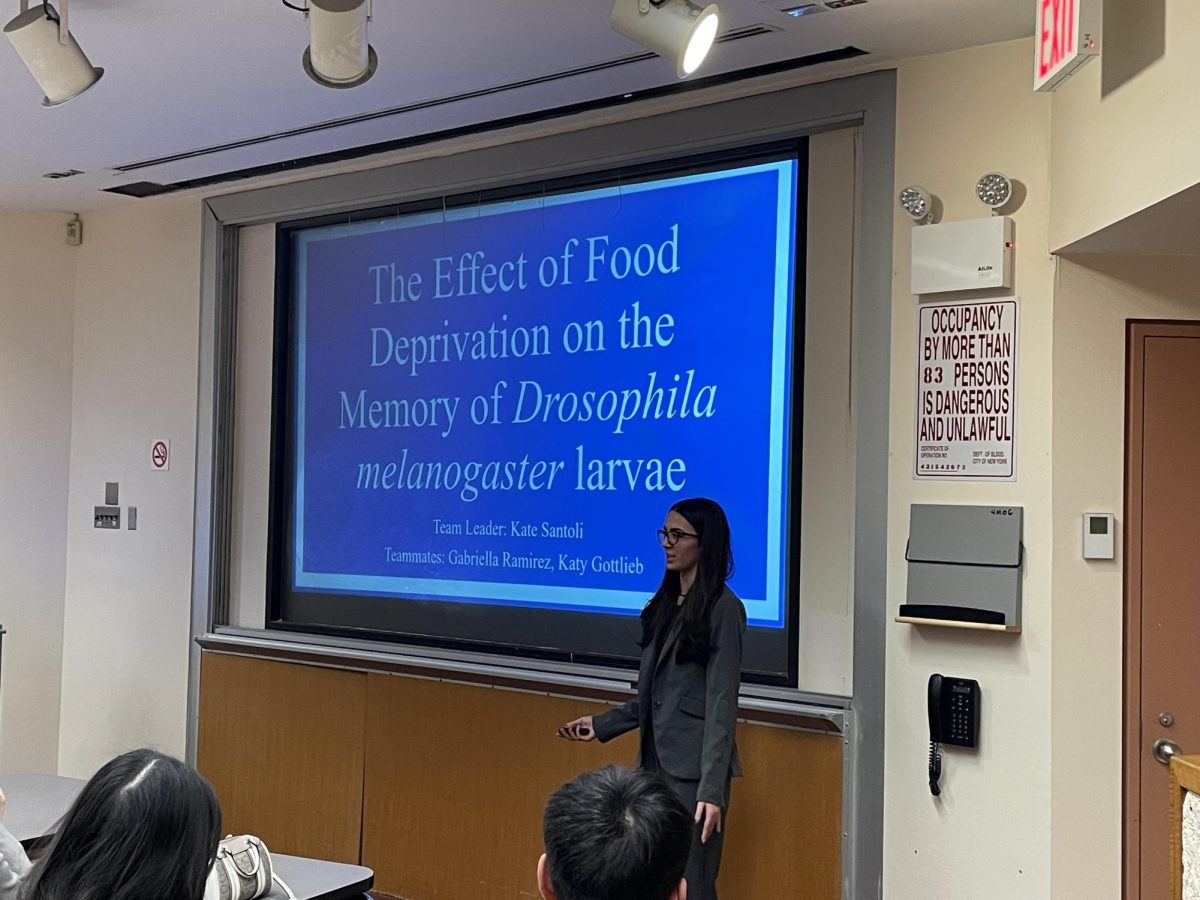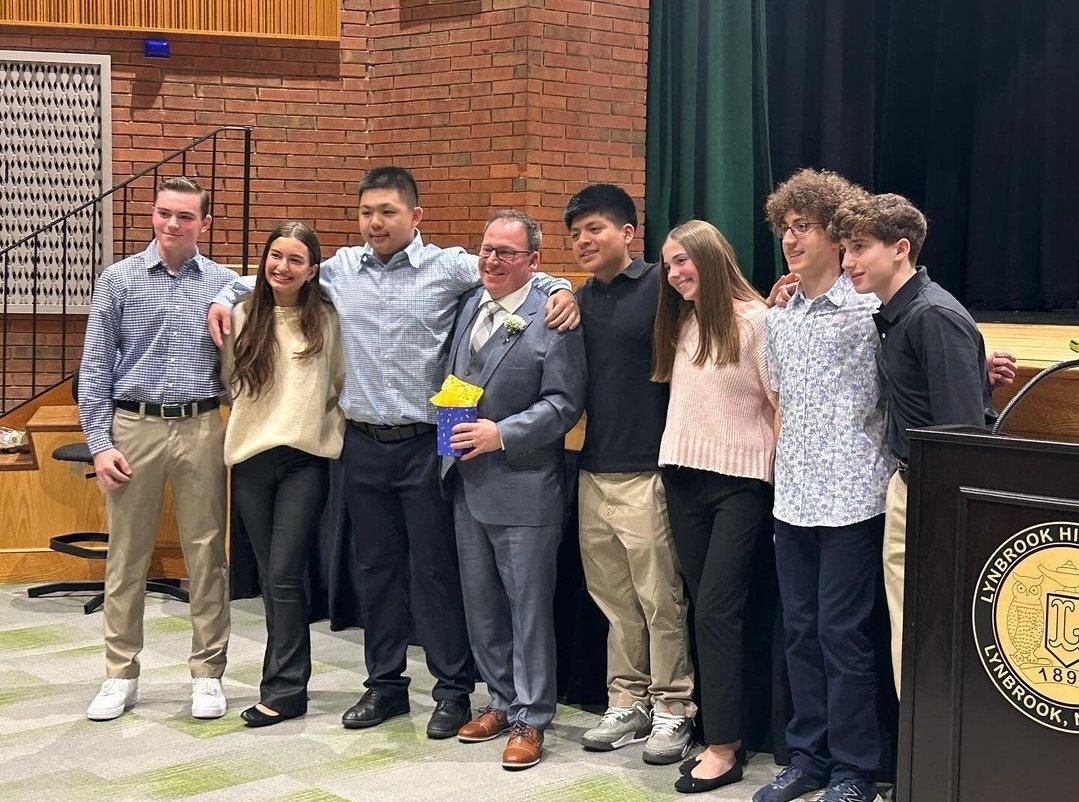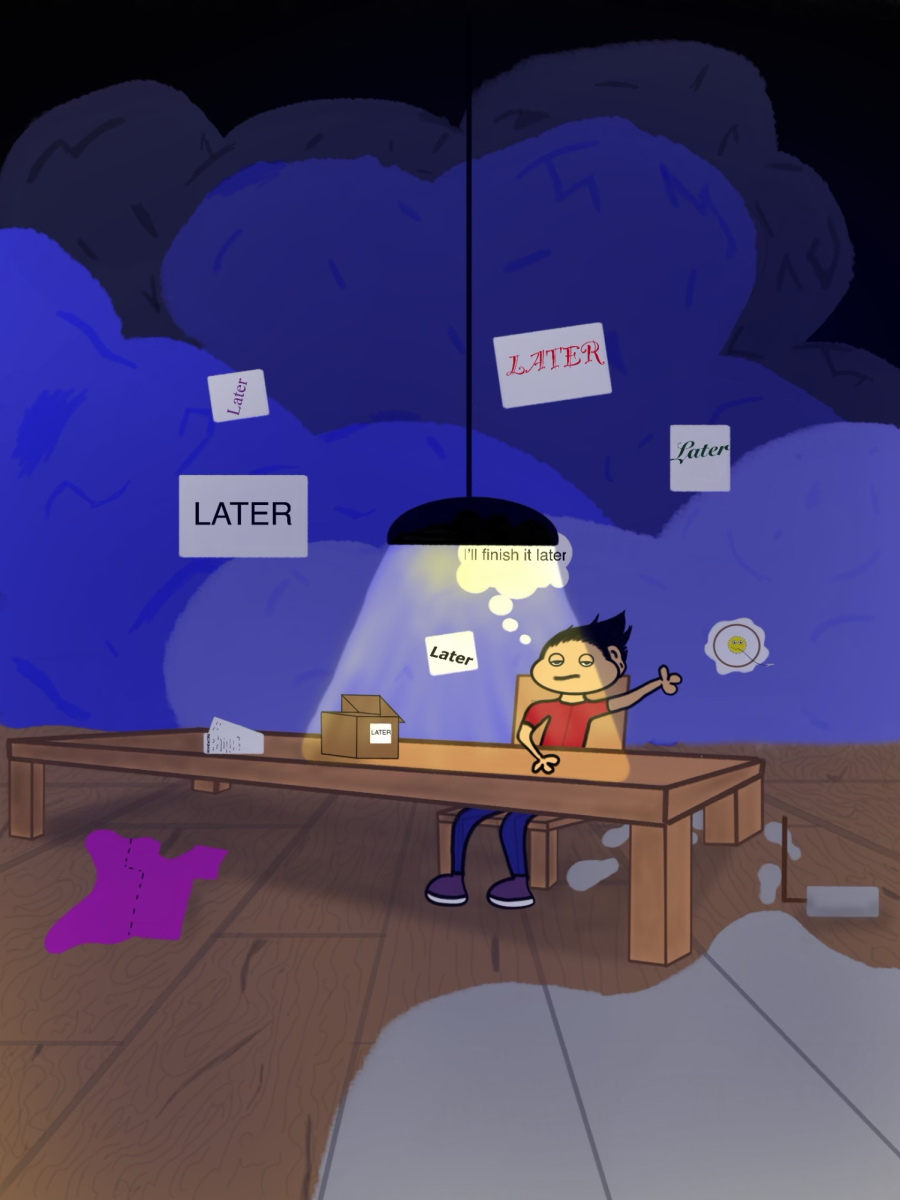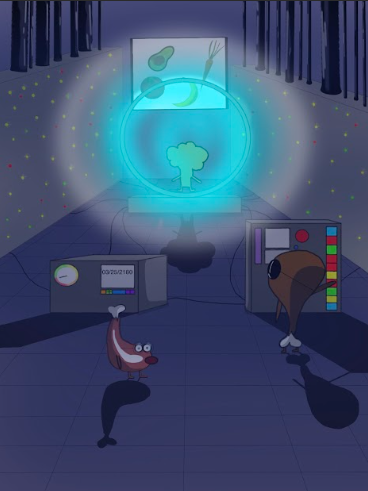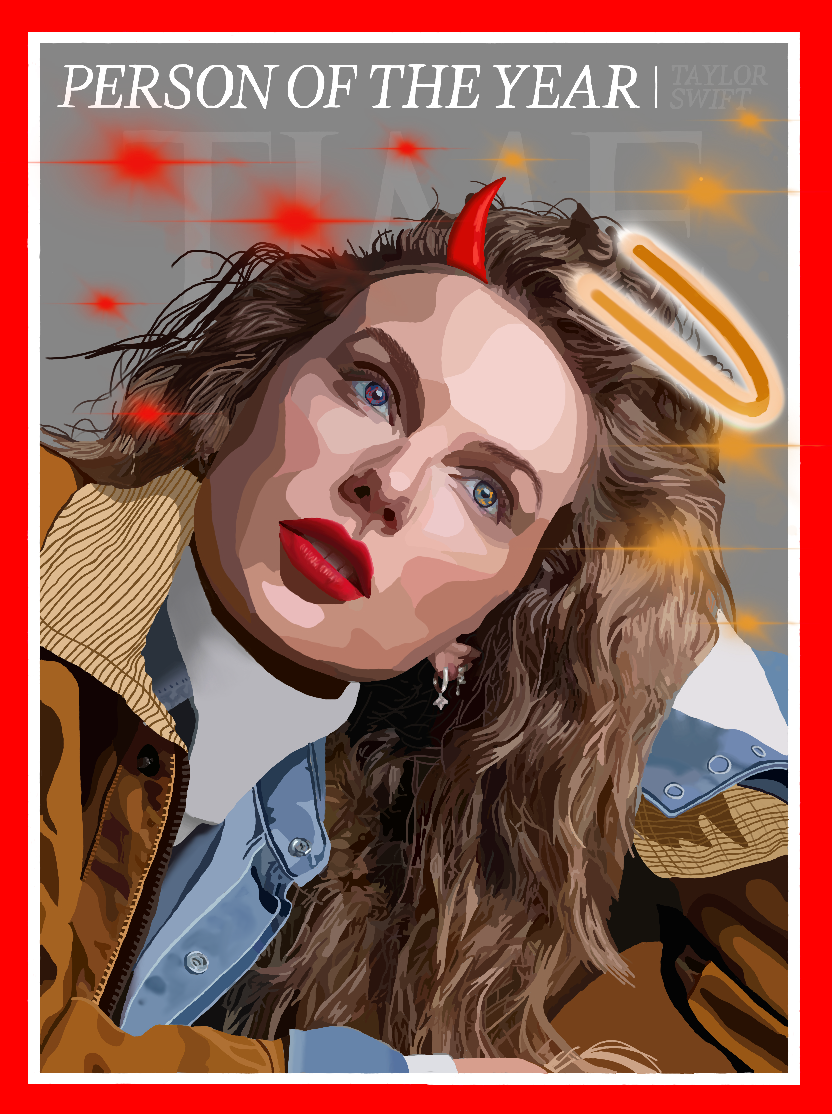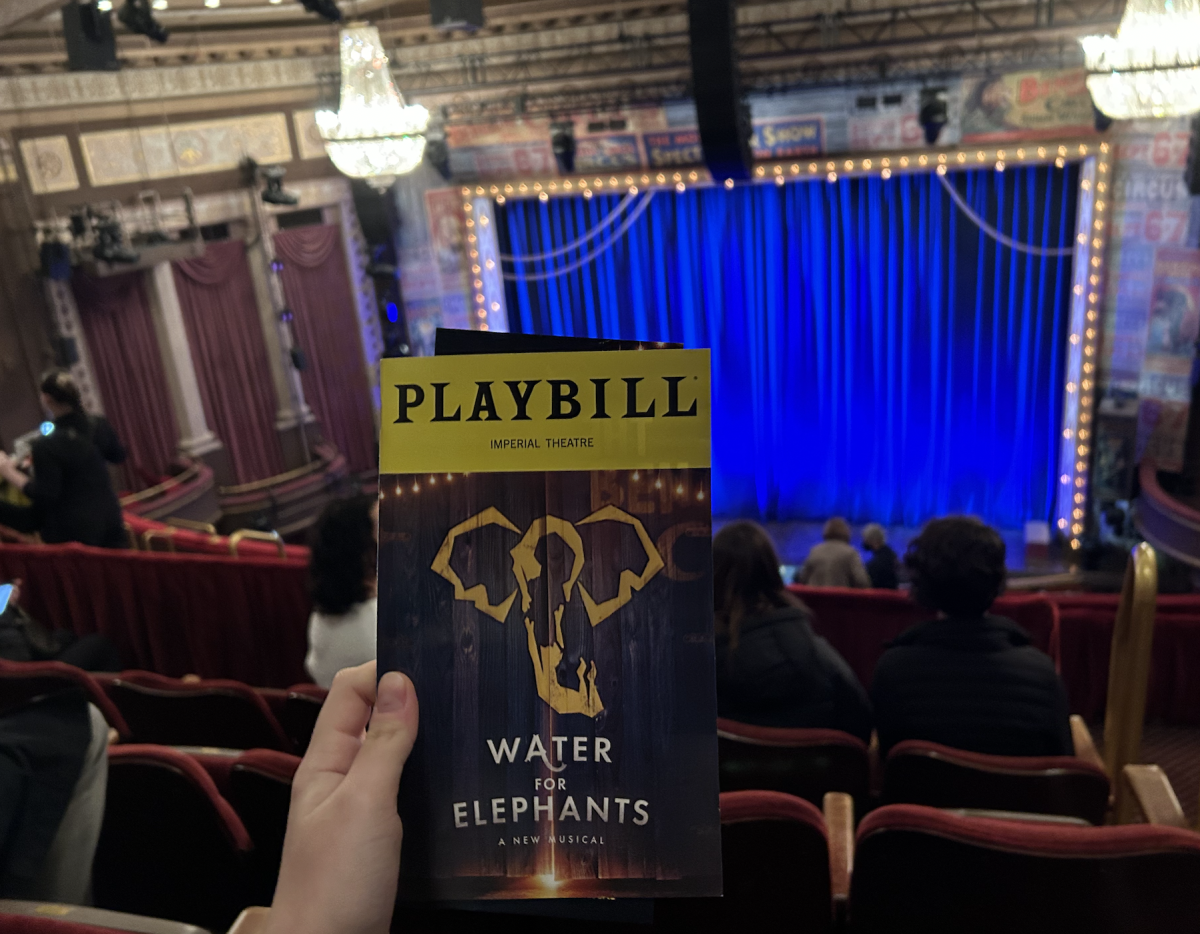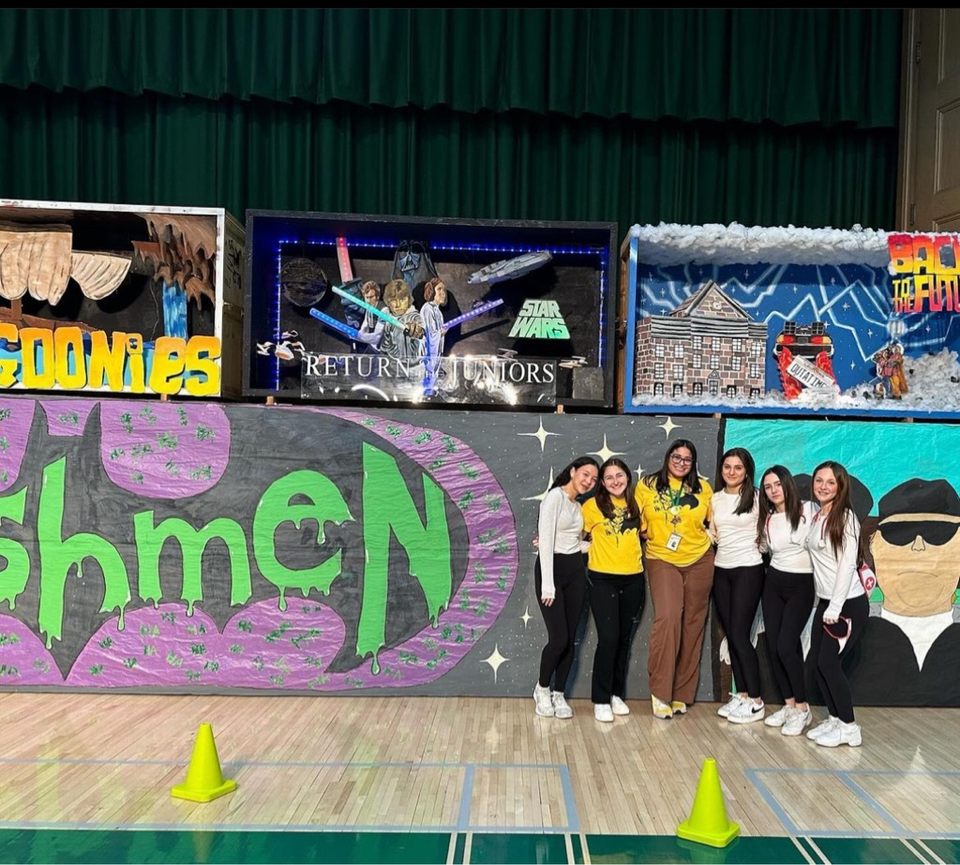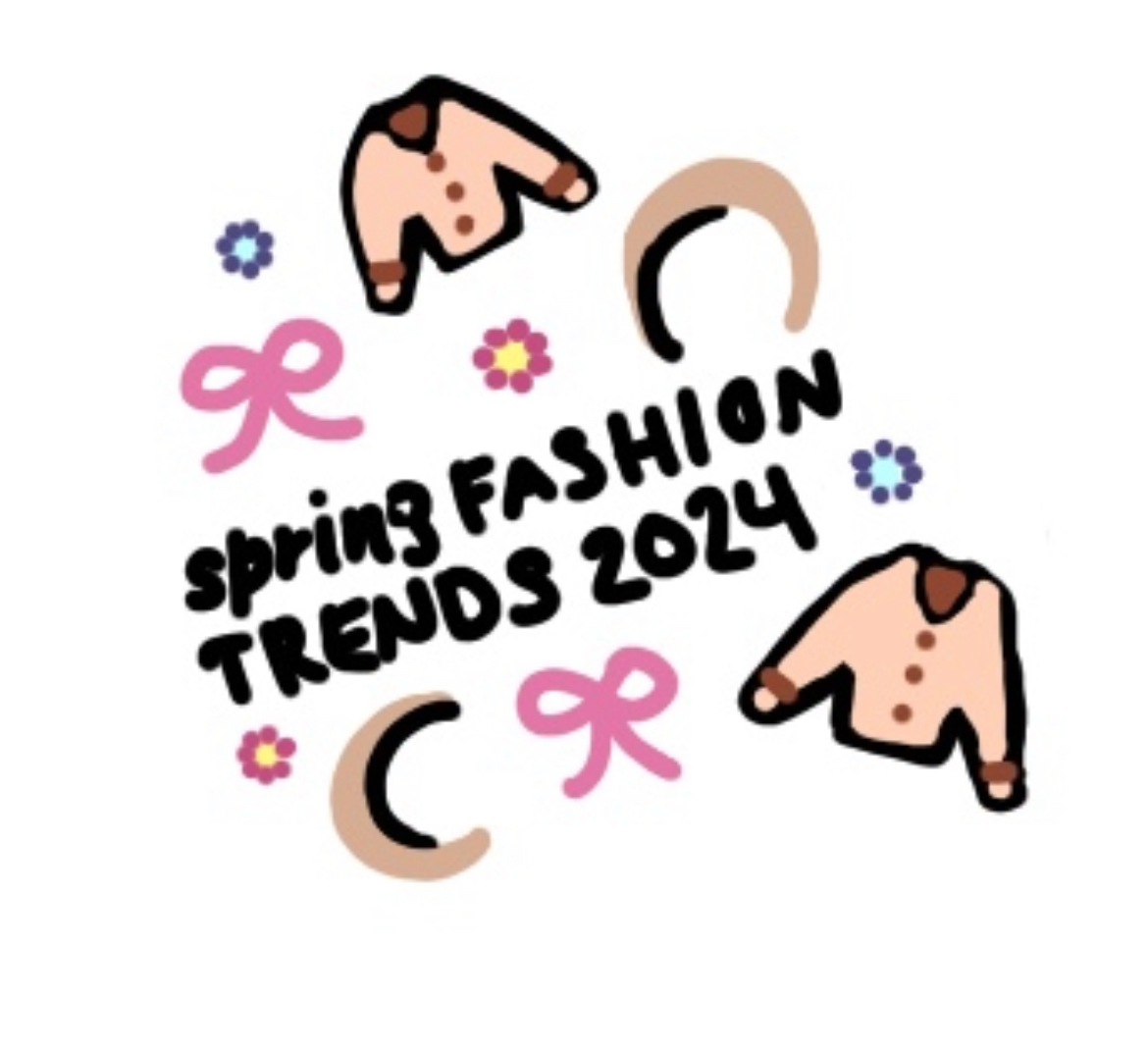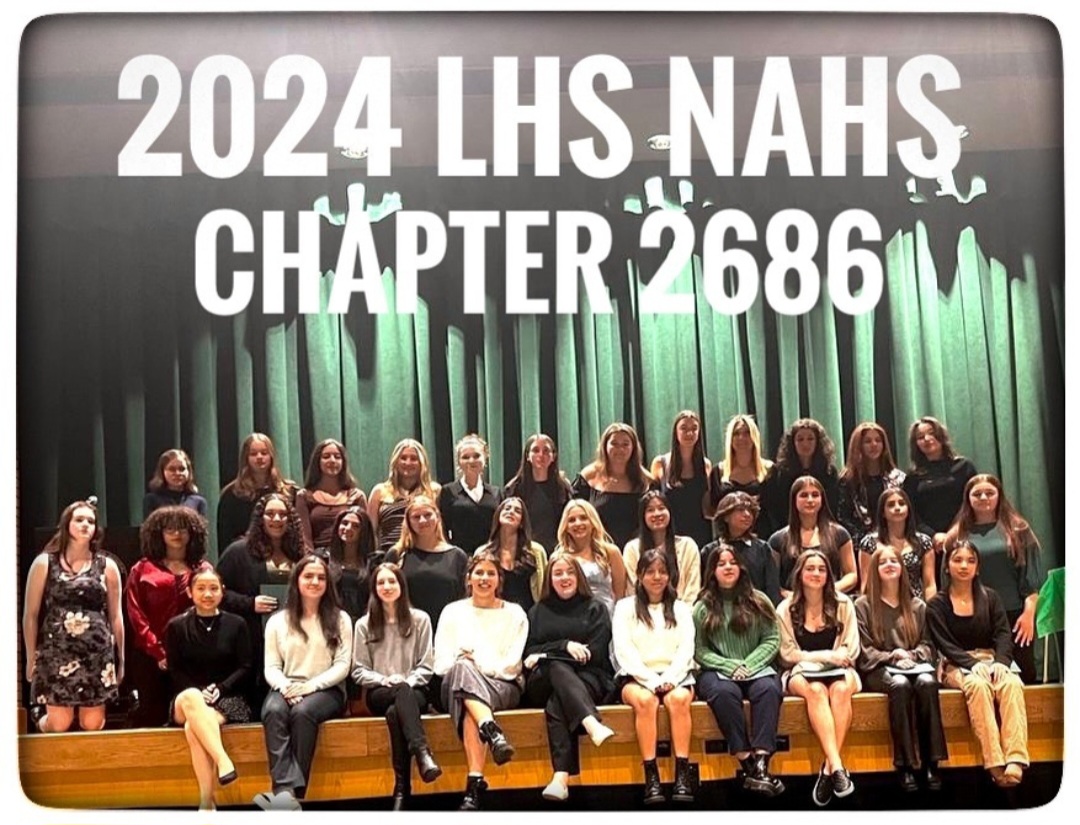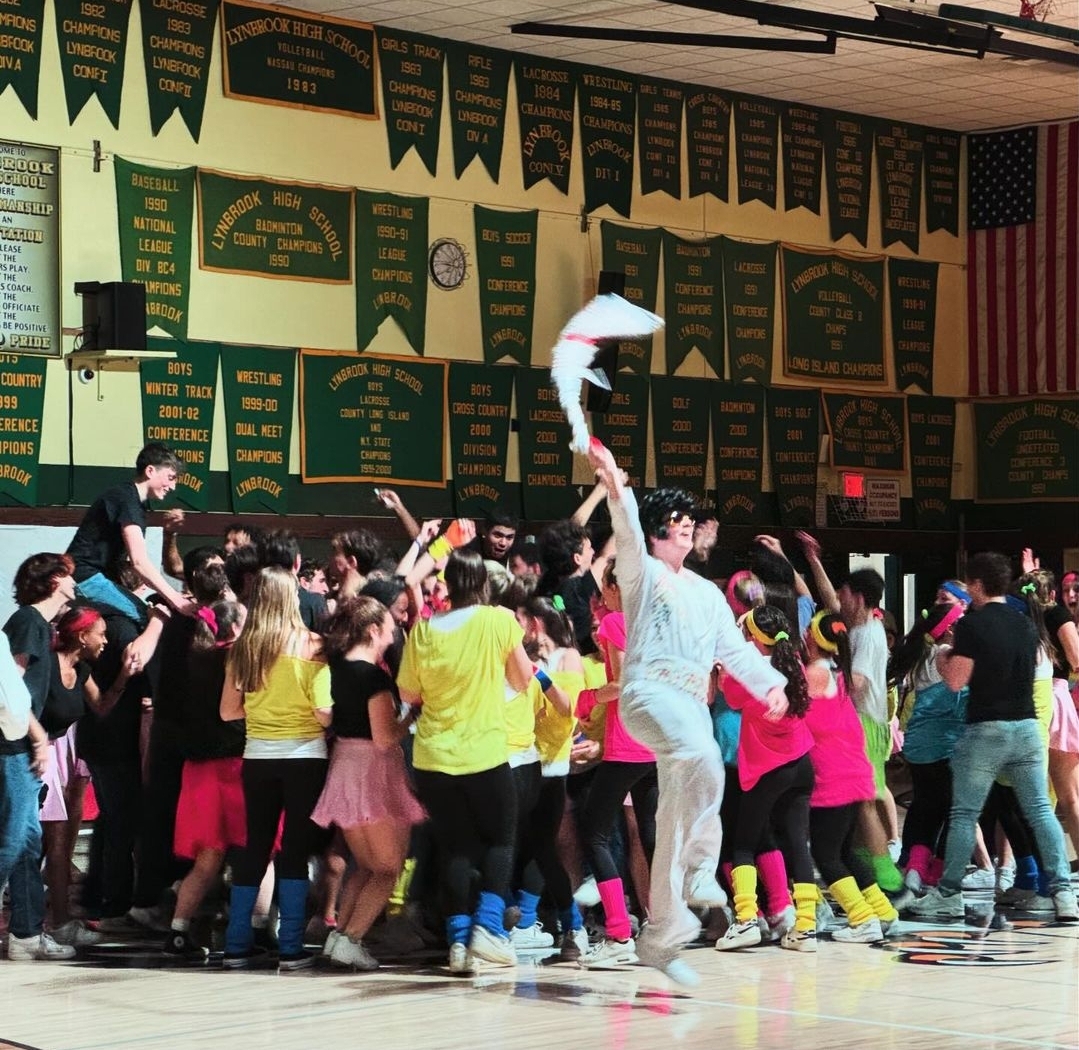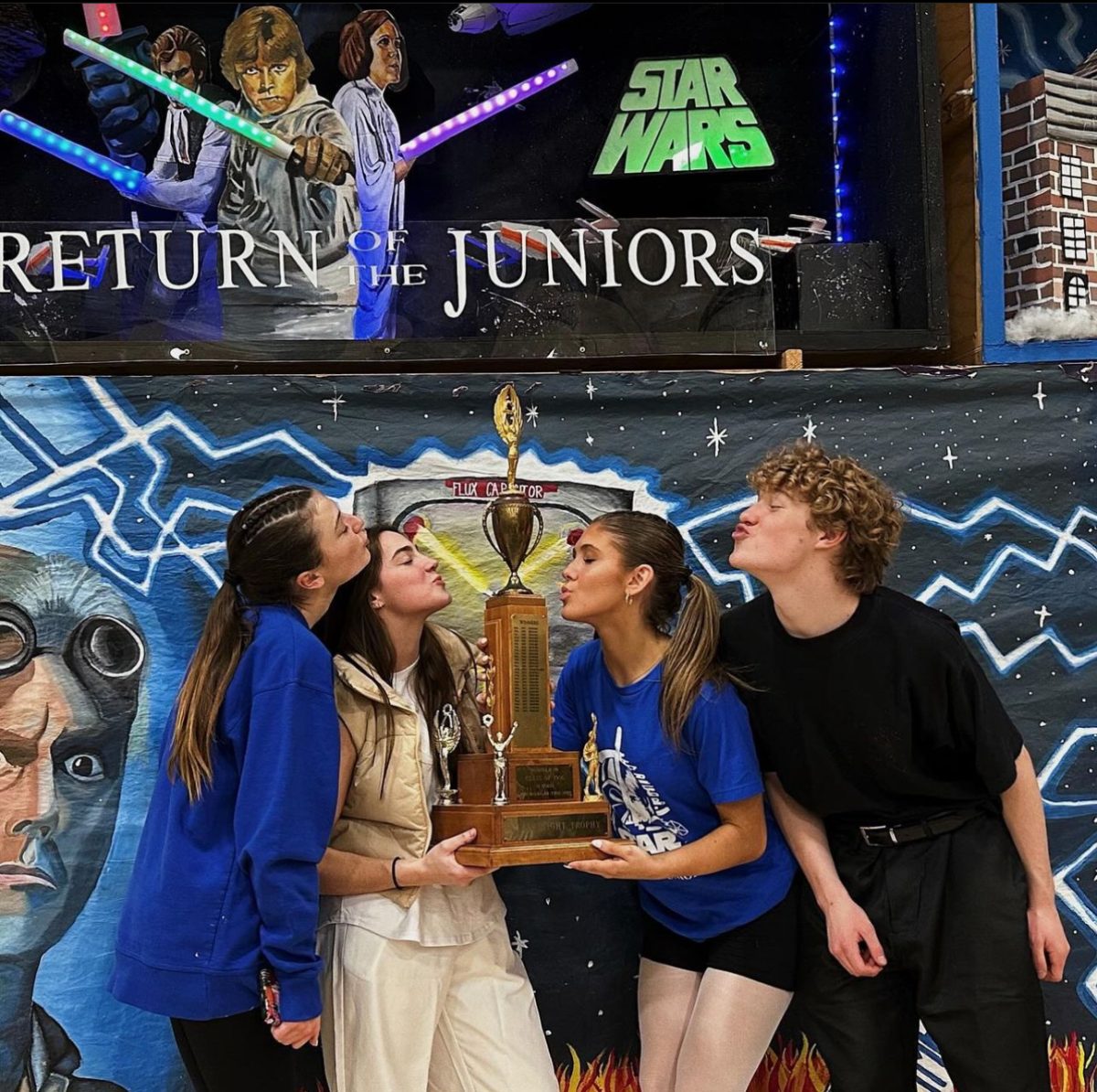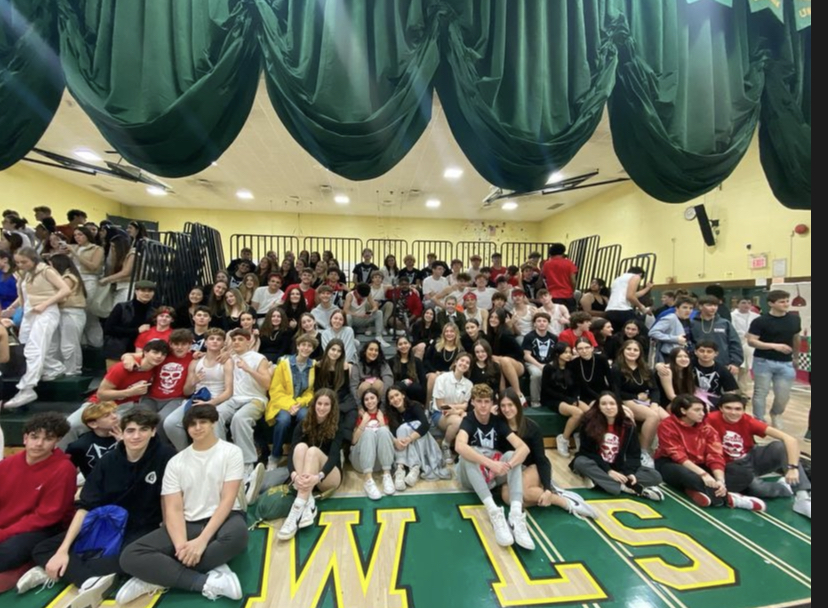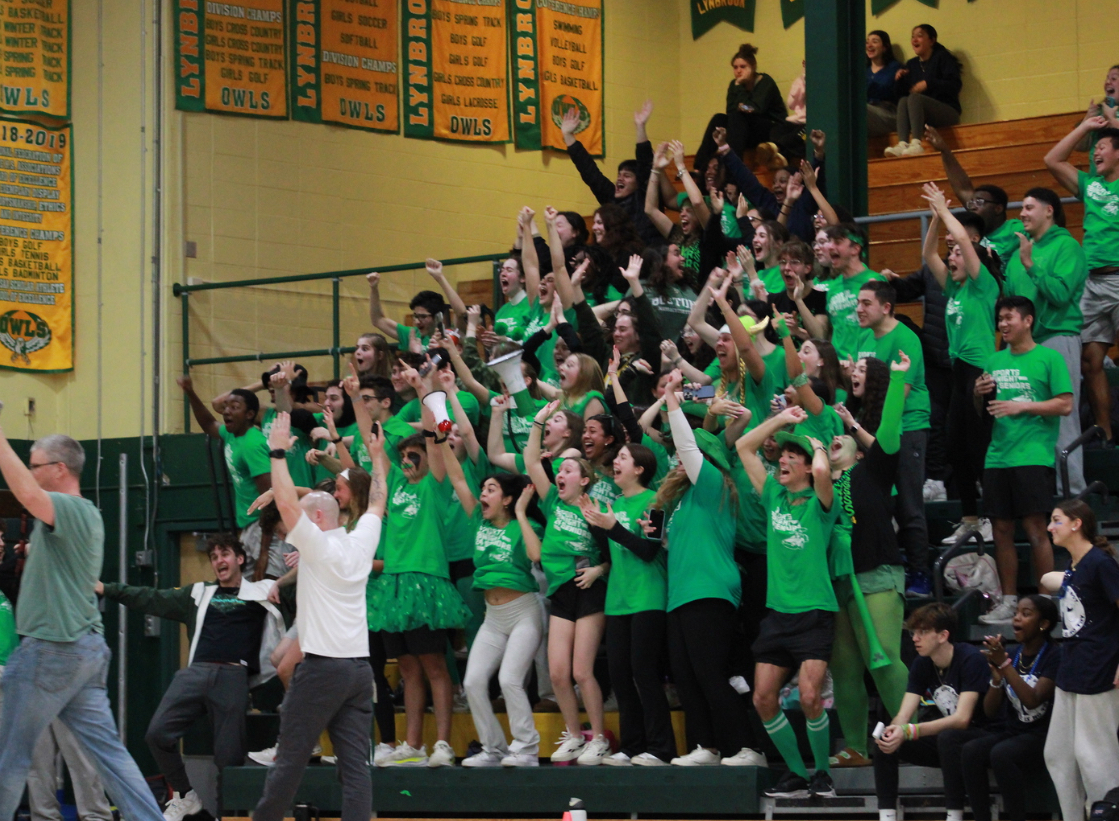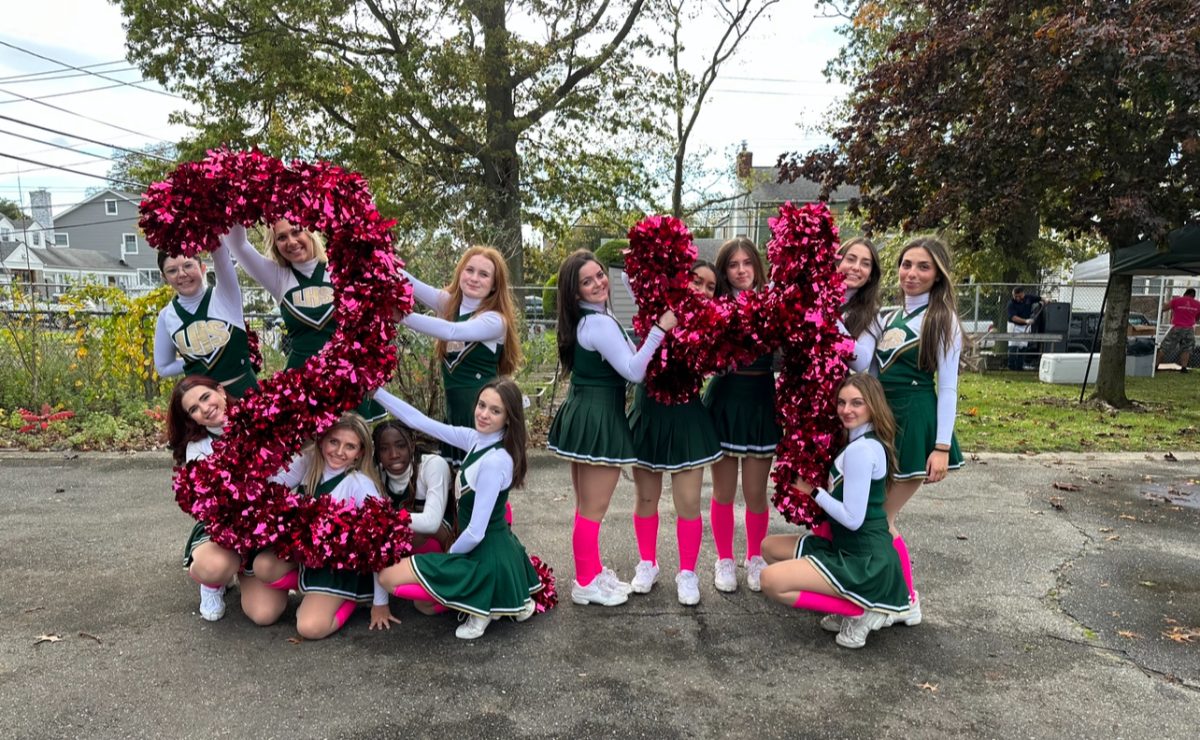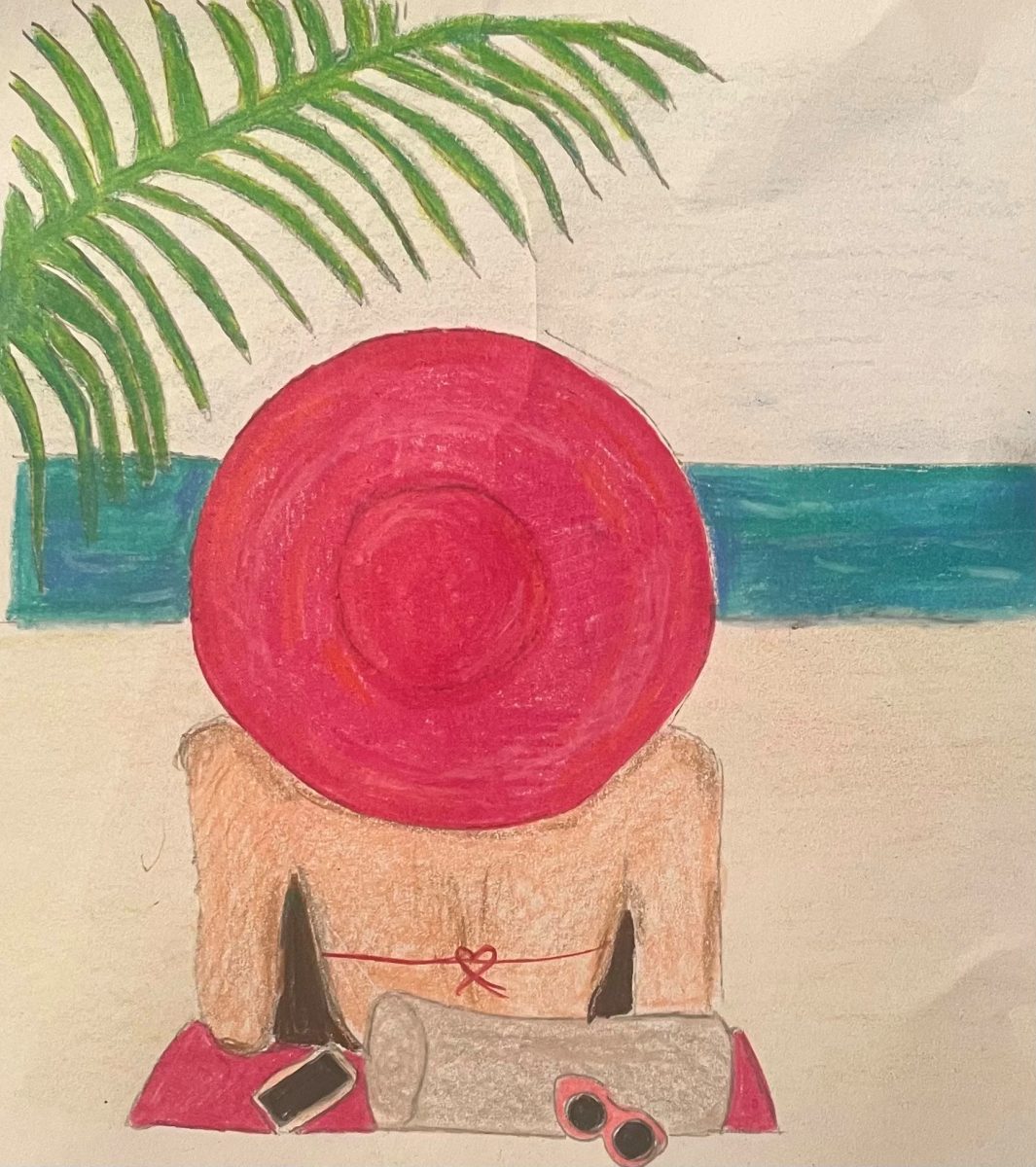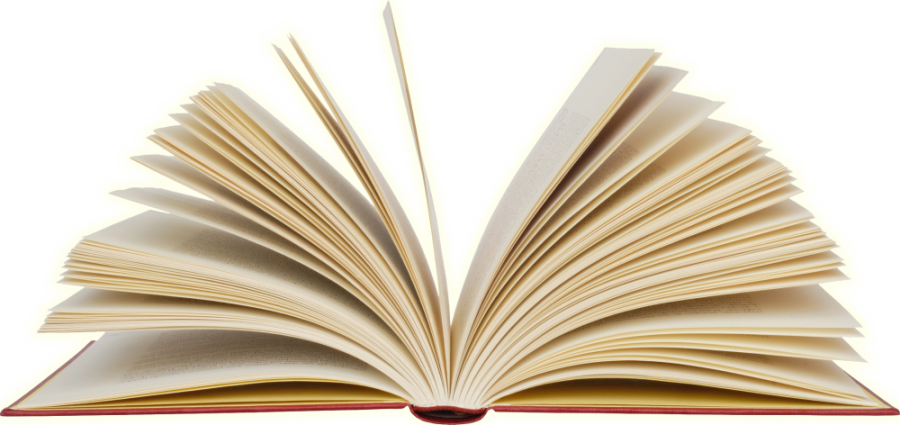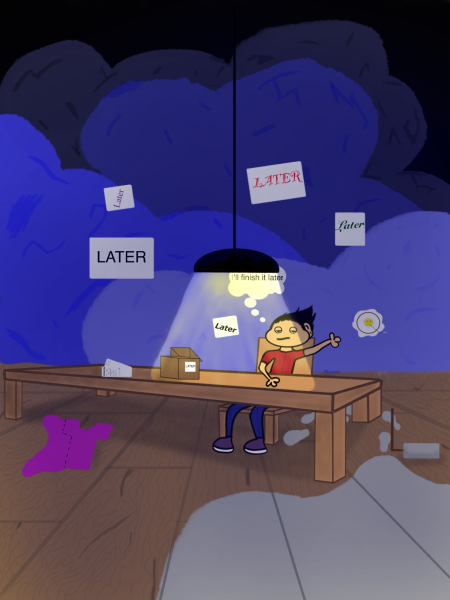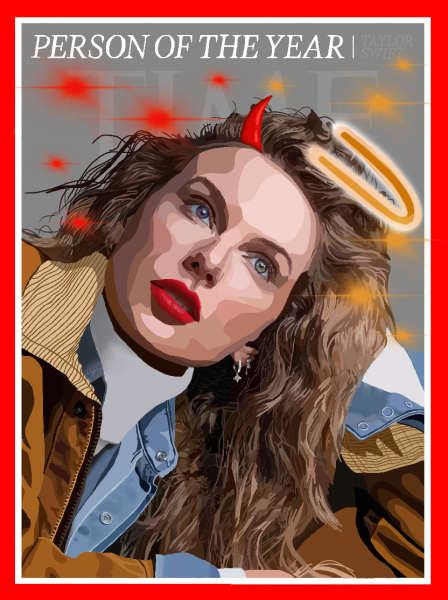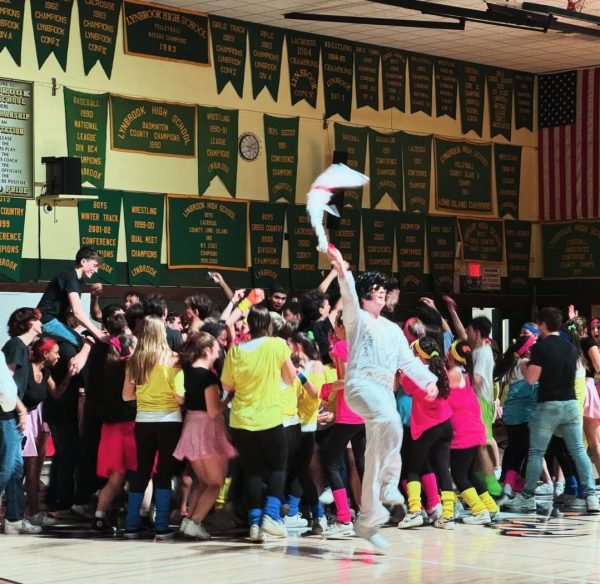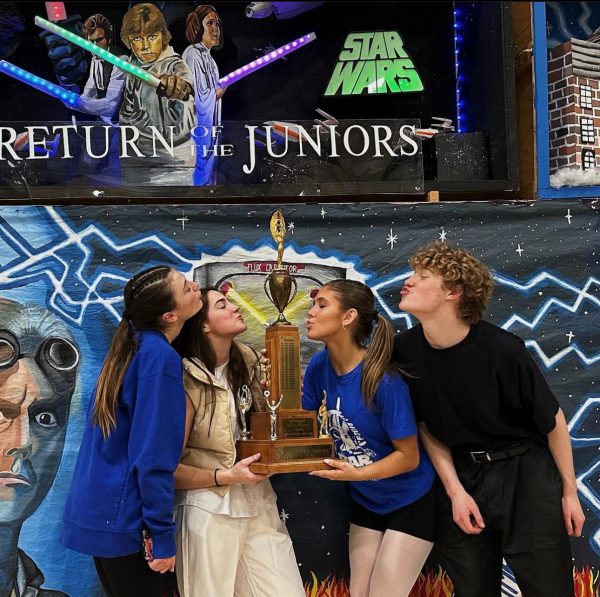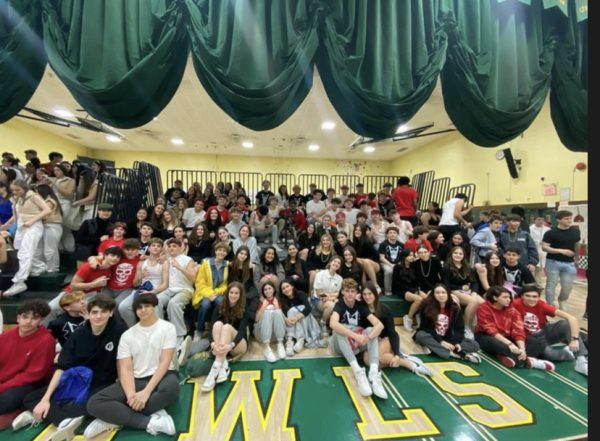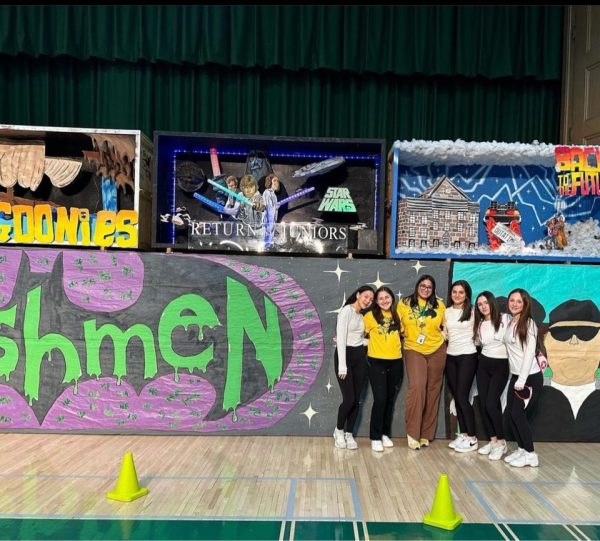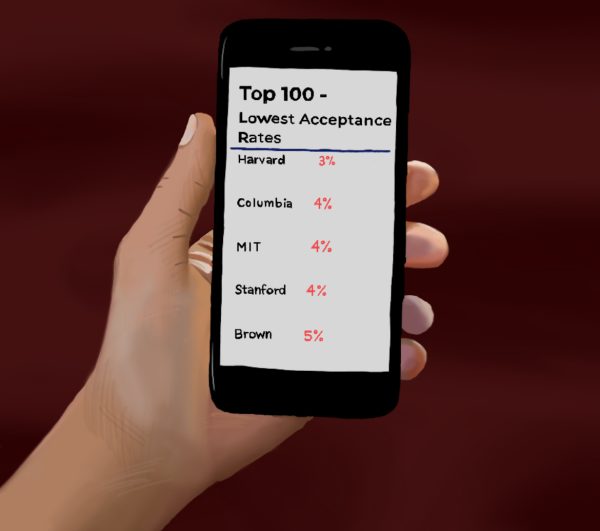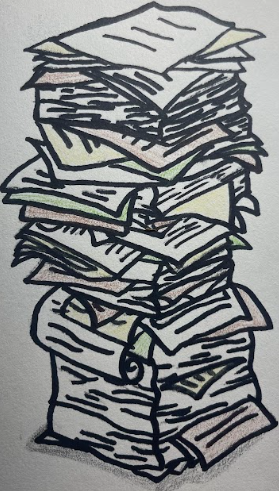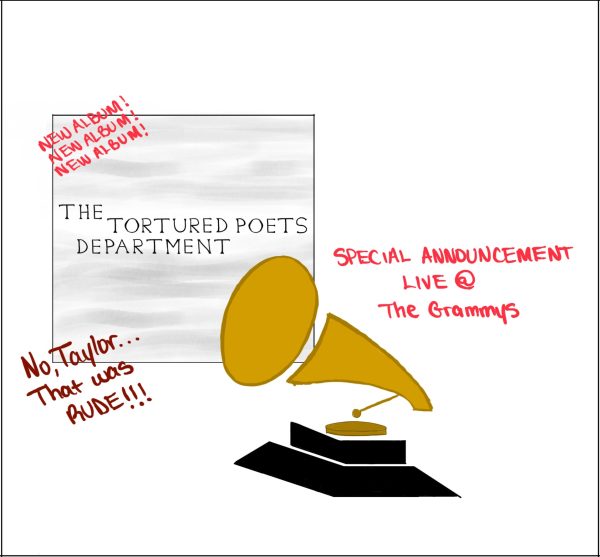Should Books Be Banned?
Censorship is alive and well in 2019. Schools across the country continue to challenge several classic novels that cover intense topics such as racism, sexism, and even satanism. Censorship is a direct product of people’s fears of ideas in a novel, film, or news that convey deep meanings.
Preventing students from reading a novel means preventing their education. Those who are challenging classic novels are also challenging people’s right to freedom of speech and choice. In The Washington Post article (washingtonpost.com) entitled, “Why Your Kid Should Read Banned Books” by Regan McMahon, it explains that a kid should be able to evaluate a novel on his/her own. Kids crave relatability, which means they may find themselves searching for a character who is going through the same things they are. A novel could also help kids sort through their predicaments, such as grief and sorrow over a divorce. Even if a child is not going through what the character is, the novel is still portraying what life may be like from an alternate perspective. Emmie Paladino, a sophomore, stated, “I think it is okay to read books that are banned, as long as the individual is mature enough to understand the content in the book or the novel is taught in a controlled school environment.”
Over the years, there have been many court cases on banning books. In 1998, the case of Monteiro v. The Tempe Union High School District was issued on the novel, The Adventure of Huckleberry Finn by Mark Twain, and its use of the n-word. The case was prompted when African American students in a freshman English class claimed that they were discriminated against and racially harassed by their classmates and peers after reading the novel. Kathy Monteiro, the mother of a freshman student whose name was not included in the case, claimed that her child was suffering from “psychological injuries and lost educational opportunities due to the required reading of the literary works.” She also claimed that even when the school noticed these injuries, they refused to allow her child to study outside of class while the novel was being taught in class. She stated that “the School District violated her child’s Fourteenth Amendment rights and the Civil Rights Act of 1964.” However, since the court ruled that the school did not do anything unlawful, Monteiro was not granted her wishes, and the book was not removed from the English classroom.
“If a person is going to ban great literature, you might as well ban the movies we watch and the music we listen to. Why censor someone else’s thoughts and ideas?” Roseanne Mitchell, English teacher, argued. She stated, “I may not love everything I read or everything I hear, but I love that I am able to listen to opposing ideas even if I may not agree with them.” People can only hope that students can appreciate great literature and understand that they are lucky to have an array of classic novels that hold great purpose and meaning.
Some novels are meant to shed light on topics such as racism, sexism, offensive language, and violence that has happened throughout history; these issues still occur today. English Teacher Carla Gentile explained that “censorship is a slippery slope because once you censor something that is believed to be wrong, vile or inappropriate, where does the judging stop? Who gets to sit in judgment? Which other books or items might be censored? A free-thinking society requires freedom.”
Novels provide readers with an opportunity to open their eyes to the real world and to be exposed themselves to real-world problems. Censorship is merely covering up intense issues and an offensive past, not alleviate them entirely. Moreover, if people censor everything, future children and adults will never be able to survive, let alone comprehend the cruelty of humankind, discrimination, and prejudice. To make changes in society, people need to educate themselves by reading and viewing what some may consider controversial.

